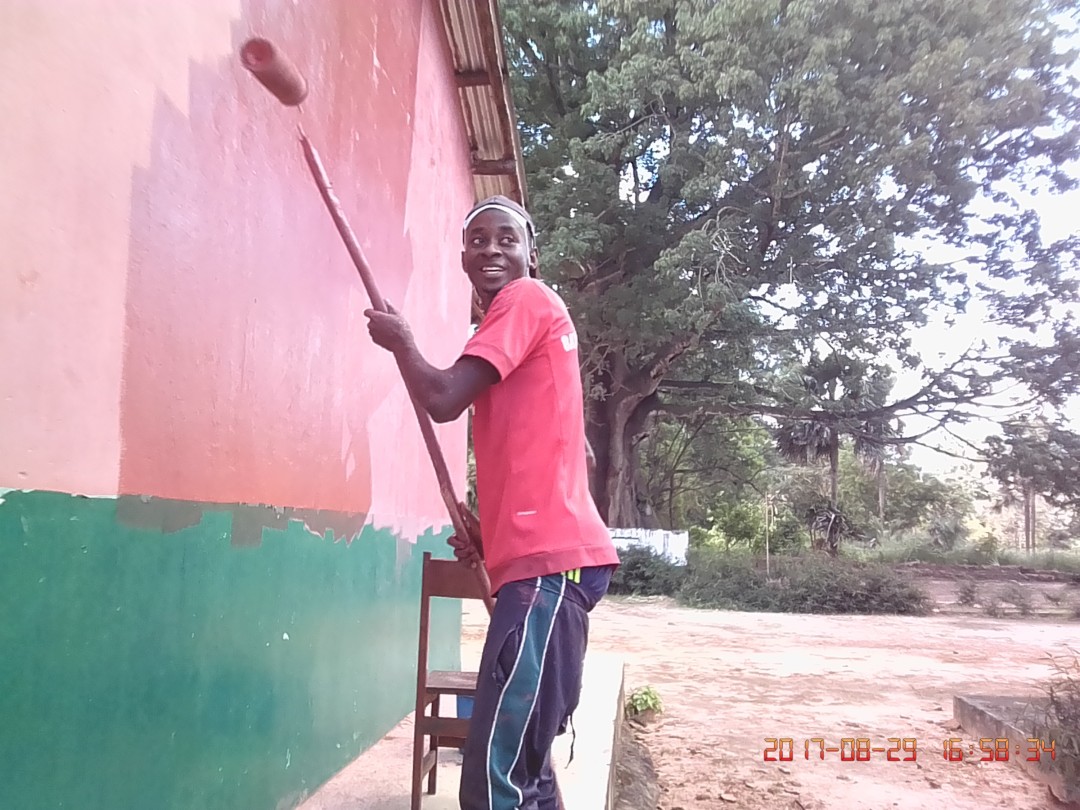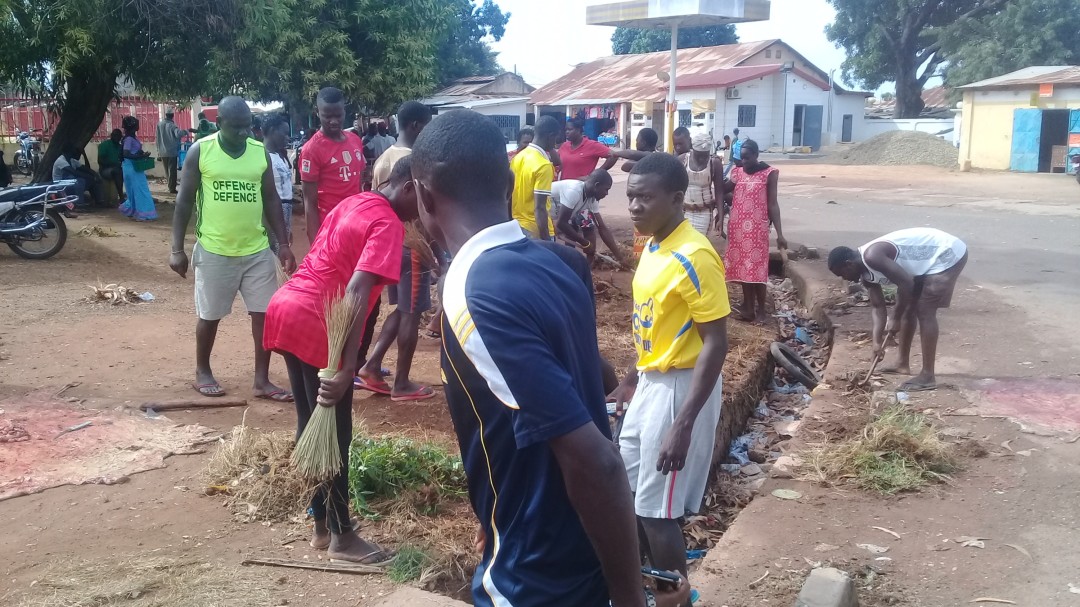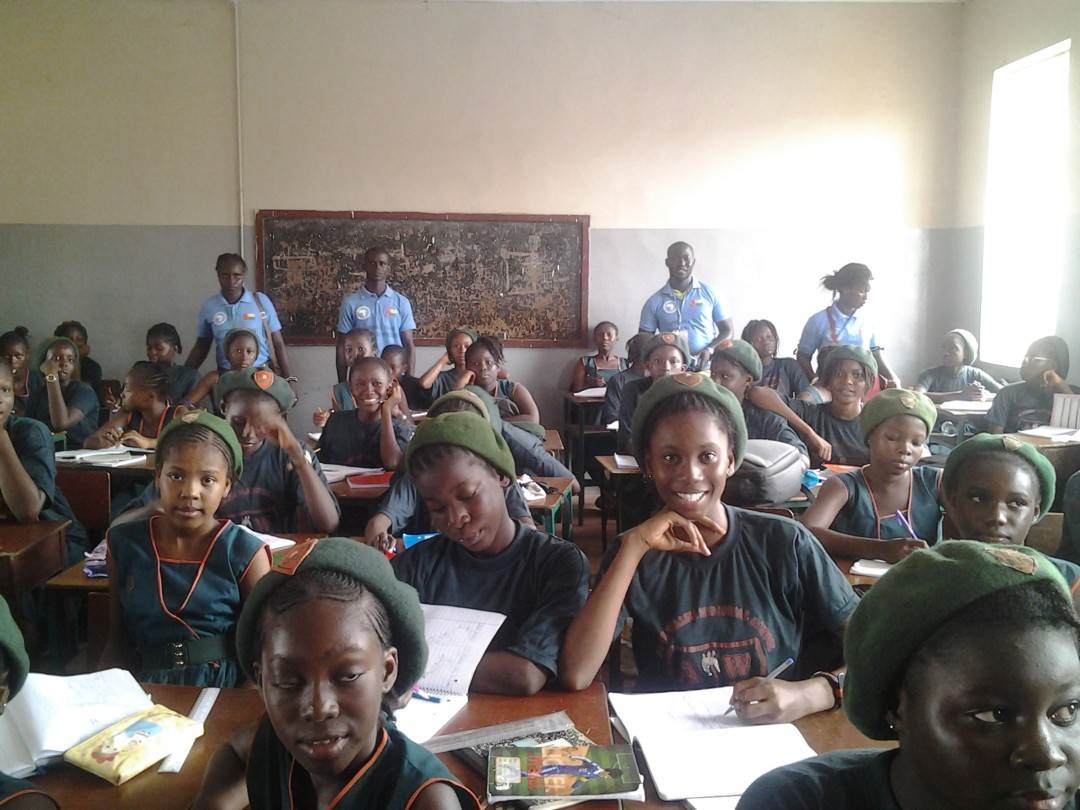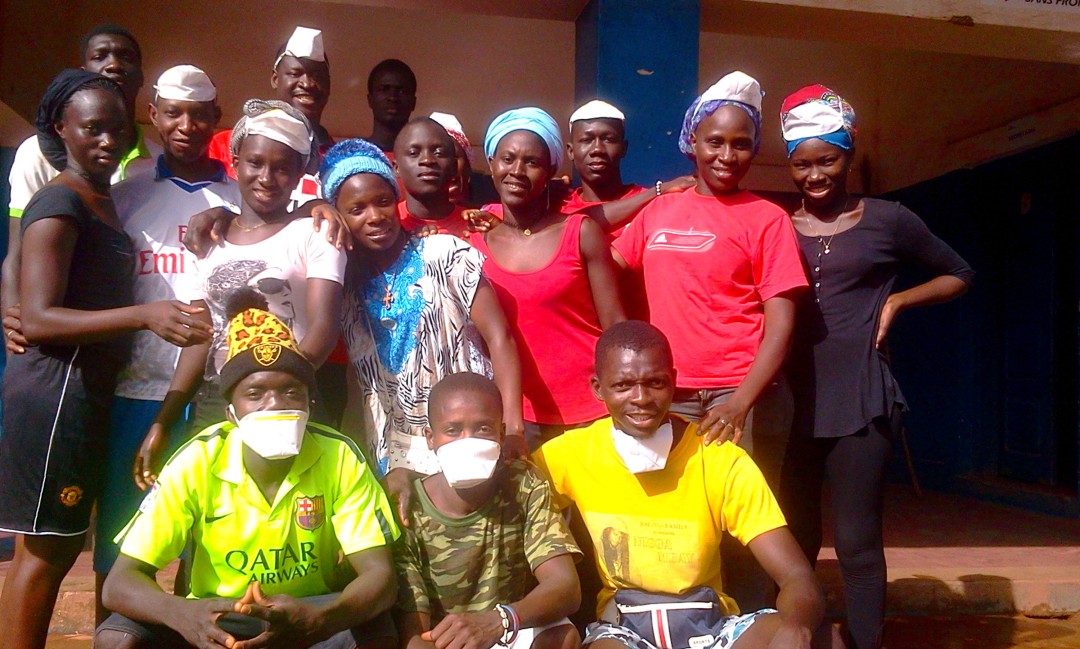Teacher Training
The project aimed to increase the number of skilled primary school teachers in rural areas by enabling ten students (of whom 50% are women) to complete the three-year pre-service training at ADPP’s government-accredited Teacher Training Centre in Bachil, Cacheu region.The training course built on an innovative and child-centred approach combining a rigorous thematic curriculum with practical experience in ten local schools, engaging both school staff and the local community. These activities aimed to enhance the quality of rural education and to raise the profile of teachers amongst community members.
All ten students successfully graduated from the Teacher Training Centre. During their practice period, students taught over 349 students in theoretical and practical subjects such as Portuguese, mathematics, social sciences, art, health and horticulture. The project engaged parents, in-service teachers and headteachers through the establishment of parent-teacher associations, school-based activities and community outreach actions focusing on children’s right to education. 2,700 children have directly benefitted from the in-service training which took place during the first 2 years of the project and 36 teachers from 10 schools benefitted through the improved school management. All ten students are now employed across the country.
Founded in 1982 in Guinea Bissau, ADPP (Ajuda de Desenvolvimento Povo para Povo) is an NGO that aims to empower impoverished people to find long-lasting solutions to the issues that directly affect them, providing communities with tools and knowledge to break the cycle of poverty. Its key areas of work are education and skills, agricultural and food security, health and nutrition practices, renewable energy and climate change mitigation.
Type
EducationDuration
August 2016 - October 2019Location
Bachil / Guinea- BissauWith whom
ADPP (Ajuda de Desenvolvimento Povo para Povo)
Website




Guinea- Bissau
Population
1.9 million (2017)
Per Capita Income
USD 660/year ( 2011)
Poverty rate *
69% (2010)
Literacy rate
46% (2016)
Human Development Index
177th out of 189 countries (2018)
Guinea-Bissau has suffered from political instability since its independence in 1974. This has resulted in a lack of development and high levels of poverty, with over two-thirds of the population live under the poverty line. Many women still die during childbirth. Despite progress in reducing its child mortality rate, one in 10 children still die before reaching the age of 5 and 28% of all children under 5 are moderately to severely malnourished. The HIV/AIDS pandemic, malaria and TB continue to advance, resulting in a particularly low life expectancy. Education for all is progressing slowly although the quality of education remains poor and is compounded by a severe shortage of teachers and resources.
Sources: World Food Program, UNICEF, World Bank, 2016 Human Development Report, Human Development Indices and Indicators (2018 Statistical Update)
*The percentage of the population living below the national poverty line.